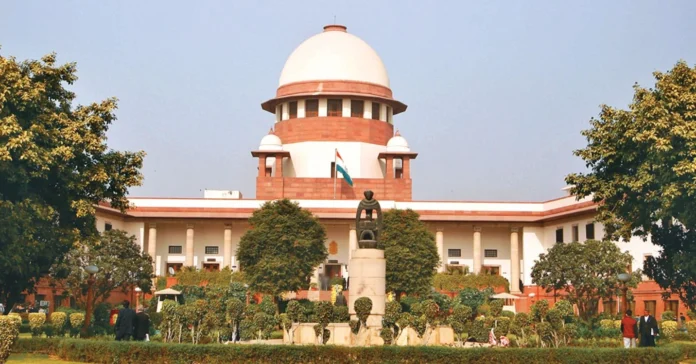In a major win for environmental regulators, the Supreme Court has ruled that pollution control boards across the country have the legal authority to demand compensation and guarantees to prevent or remedy environmental harm — even if actual pollution hasn’t taken place yet.
The verdict came in a case filed by the Delhi Pollution Control Committee (DPCC) against a 2012 Delhi High Court decision that had restricted such powers. The High Court had earlier ruled that the DPCC couldn’t demand money or bank guarantees unless it prosecuted the polluter through the criminal process. But the Supreme Court disagreed, setting aside that decision and restoring the DPCC’s enforcement powers.
A Bench of Justices PS Narasimha and Manoj Misra clarified that the legal provisions under which the DPCC acted — Section 33A of the Water Act, 1974 and Section 31A of the Air Act, 1981 — are not meant to punish. Instead, they empower pollution boards to take precautionary and corrective steps to protect the environment.Sowhen boards ask for environmental compensation or financial guarantees, it’s not a penalty, but a way to prevent or fix potential harm.
The Court also reinforced the relevance of the “Polluter Pays Principle”, a long-standing pillar of India’s environmental policy, which allows authorities to make those responsible for environmental risk bear the cost—even if the damage hasn’t yet occurred.
The judges made it clear that these powers are different from criminal penalties and are not affected by recent legal changes that introduced Adjudicating Officers into the regulatory system. The board’s ability to take action remains intact.
However, the Court also added a word of caution: these powers must be exercised fairly and transparently. Pollution boards have been directed to draft formal rules — backed by law — for calculating environmental compensation and carrying out recovery. These rules must follow principles of natural justice and ensure accountability.
While the Court supported the DPCC’s authority in principle, it refused to revive a set of 2006 notices issued to developers, including Bharti Realty, due to the long delay and the fact that lower courts had already decided the matter. Any money already collected under those old notices must be refunded within six weeks, and no further action can be taken on them.
This judgment sends a strong signal about the preventive role of environmental regulators and strengthens the legal framework for holding potential polluters accountable.
—Advocate Shivmani Yadav contributed to this article


